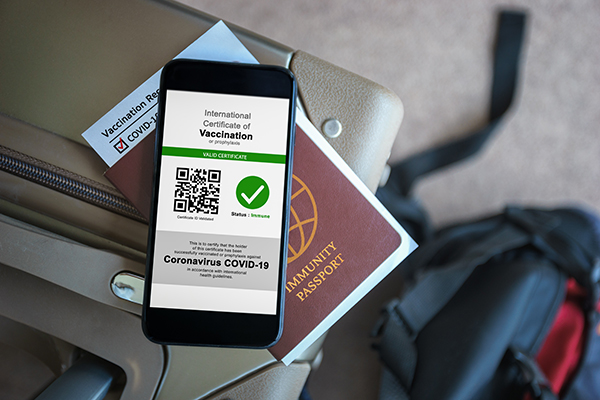
Facebook has been lobbied with accusations of spying for the purposes of ad targeting. The social media giant came under fire after PJ Vogt, co-host of technology-oriented podcast Reply All, posted a tweet. It read: “Reply All is taking phone calls today. Call us if you believe that Facebook uses your mic to spy on you for ad reasons.” As people chimed in their responses, Facebook's vice president of advertising Rob Goldman threw his hat into the ring, prompting a deluge of reactions from other Twitter users.
Goldman answered Vogt's tweet with: “I run ads product at Facebook. We don't — and have never — used your microphone for ads. Just not true.” He then added this was also the case for the Facebook-owned photo-sharing application Instagram, reported the DailyMail.co.uk.
Many Twitter users are less than convinced. “I have been talking about getting a cat. I didn't post about it anywhere but I DID start seeing ads for cat food,” wrote Kelly Blythe.
Jeff Lin, meanwhile, replied: “I was at a friend's house and somebody was watching a documentary on Pentatonix. Never heard of them. Guess what ad showed up 2 hours later?”
Another user named ex_nihilo tweeted: “I simply pointed to a bag of bark thins in store, phone in pocket, and said I see these everywhere now.' Next day, [an] ad on FB popped up.”
Goldman has since not issued any further responses. Vogt, on the other hand, received hundreds of other tweets from people who are convinced that Facebook is listening in on their conversations.
This recent event isn't the first time that Facebook has come under fire for allegedly spying on its users. At one point in 2016, the company issued a response to the spate of eavesdropping allegations. According to Digg.com, the statement read: “Facebook does not use your phone's microphone to inform ads or to change what you see in [your] News Feed. Some recent articles have suggested that we must be listening to people's conversations in order to show them relevant ads. This is not true. We show ads based on people's interests and other profile information — not what you’re talking out loud about.
“We only access your microphone if you have given our app permission and if you are actively using a specific feature that requires audio.”
However, it's already been proven how easy it is to secretly peep into private exchanges with the help of technology. Ken Munro, a cybersecurity expert from the United Kingdom, and his team were tasked with putting together an app that could listen to the conversations of smartphone users. They succeeded, taking no more than a few days to create an app that could do just that. Munro even made it so that the app didn't deplete the battery life of a smartphone. (Related: Facebook plan uncovered to SPY on users through their own smartphone cameras to analyze their facial expressions.)
“All we did was use the existing functionality of Google Android — we chose it because it was a little easier for us to develop in,” explained Munro. “We gave ourselves permission to use the microphone on the phone, set up a listening server on the internet, and everything that microphone heard on that phone, wherever it was in the world, came to us and we could then have sent back customized ads.”
If the members of a cybersecurity firm could cobble together an app like that, who's to say that Facebook couldn't do the same to please their advertisers? Even if the company, say, simply determined your interests by gleaning them from your Facebook profile, that still doesn't explain the shocking number of anecdotes shared in answer to Vogt's request.
But of course, Facebook would never admit to such a thing, so until more proof is found, we should be wary of what we say on social media. You never know what might be done with what you put out there.
If you'd like to read more stories about the less-than-savory actions of the world's biggest social media enterprise, simply visit MarkZuckerburg.news today.
Sources include:
Please contact us for more information.





















